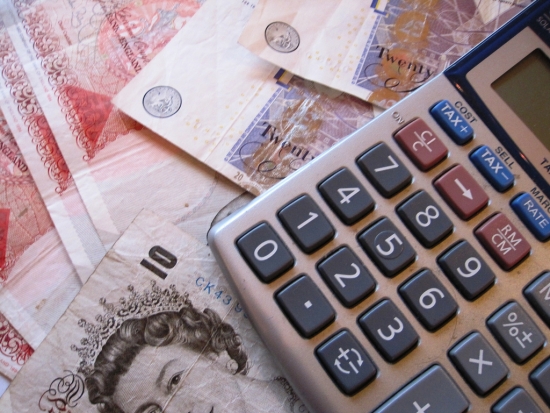Although business confidence is soaring and customer demand is growing as a result of the upturn in the economy, many small businesses are still struggling financially thanks to rising business costs. In fact, a new survey has found that business costs are now outstripping the pace of inflation and taking a heavy toll on SMEs nationwide.

According to the Cost of Doing Business report conducted by the Forum of Private Business, business costs are currently rising at 3.5 per cent ahead of inflation. This has largely been driven by rising energy prices pushing up bills, with 87 per cent of the 4,000 respondents stating that their energy overheads have risen sharply in the past year.
Transport costs, marketing costs and the price of raw materials or stock are also causing financial headaches for small business owners, with 83 per cent, 78 per cent and 69 per cent respectively identifying these areas as a cause for concern.
While annual inflation has dropped from 3 per cent to 2.7 per cent, business costs have risen by 6 per cent in the past year. Although this is less than the 6.7 per cent rise calculated during last year’s report, indicating that the situation has improved somewhat, 83 per cent of respondents do not believe this to be the case – they, conversely, expect the situation to worsen in the next 12 months.
Head of policy at the Forum of Private Business, Alexander Jackman, believes the government could be doing more to help small businesses tackle the rising costs and he cites taxes on commercial property and rising energy bills as his chief concerns.
He says; “We’d like a freeze on business rates and small business multipliers next year.
“An extension of small business rates multipliers until the end of the current parliament would also be welcome and we’d like to see the government commit to undertaking independent research into business rates.
“While the Chancellor’s announcement of a fuel duty freeze at the Conservative Party Conference was a welcome move, we feel that further action should be taken to investigate where further savings could be made across government to ensure that fuel duty is not raised again before the end of this parliament.”
Unfortunately, should the situation fail to improve the effects may be felt throughout the wider business sphere. Already, 51 per cent of respondents in the survey have made the decision not to take on more staff as a result of high overheads, while 63 per cent have reined in growth plans in favour of building capital to see them through the next year.
As the economic recovery relies heavily upon employment and business growth, high overheads and running costs could be significantly hampering the efforts of small businesses to make a contribution towards building a more stable economy. By addressing energy price rises and high business rates, the government could not only improve the prospects of small businesses but make life easier for British consumers struggling to make ends meet.
Do you think the government should address business rates as a first port of call, or should it instead be working with energy firms to attempt to lower costs for consumers and small businesses alike?
Previous Post
Britain comes out on top in European Culture Study